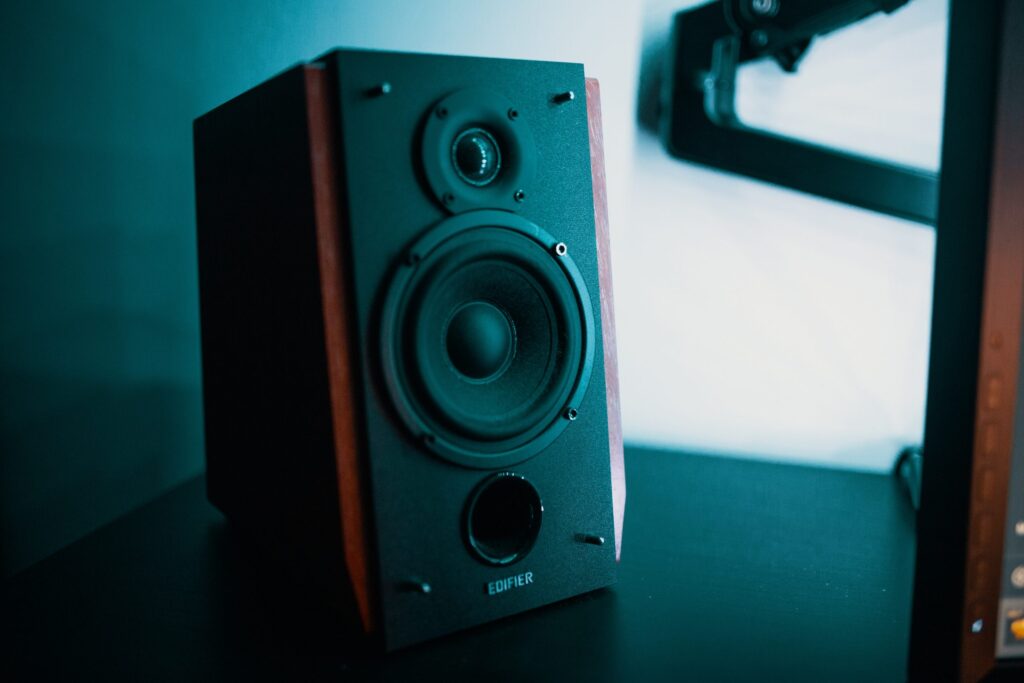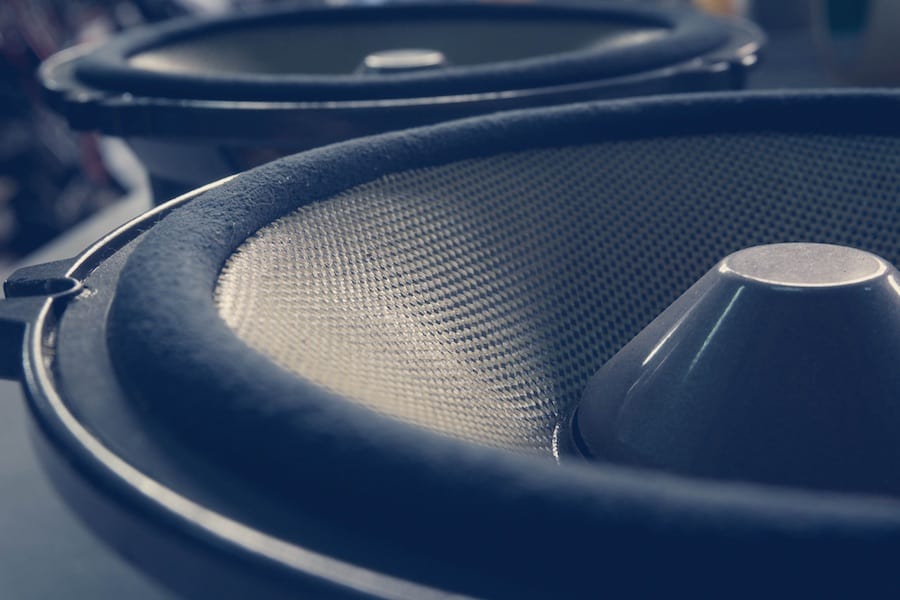Static and cracking sounds are sounds you are likely to hear coming out from your speakers, and this sound still continues even if you move to using your headphones. Bad connections, poor grounding in building, and some internal problems like motherboard and soundcard issues might be the cause of the static noise you are hearing. How to fix static in speakers is what this post is going to talk to you about, so welcome to this post officially.
The fact is static sounds are not pleasant to the ears, and even though these sounds tend to be irritating when they hit the ears, there are steps that can be taken to fix them. It is a known fact that you music listening, gaming, and your movie experience will be ruined if you keep getting static sounds from your speakers, and the causes of this static sounds can be easily fixed most of the times. Converting electric signals to sound is what a speaker does.
This means that you speaker is going to convert electric signals into sound whether you power it using batteries, or you plug it into a power outlet on the wall. It is possible for these speakers to also pick up unwanted sounds from the environment where they convert sounds from, and these unwanted sounds that speakers pick up is what we refer to as static sounds. Let us throw more light on what static sounds in speakers really means.
Interesting Read – How To Fix Static In Headphones
Content Navigation
Static Sound In Speakers
Static sound is what we refer to as sound interruption that happens during the transmission of sound signals to the speakers, and this means that extraneous or too much signals tend to be picked up by the wiring of the speaker. What we are trying to say is that static sounds are picked up or happen when excess amount of electricity passes through the speakers, and this result in the production of distortion sounds.
The excess amount of electricity is what causes the cracking sound and buzzing sound you hear when you turn your speaker, and it shouldn’t surprise you when you realize that this static sound is also present in headphones. When wiring pick up unwanted signals, trust static sounds to be produced as well, but one fact we want you to know is that static sound is not permanent.
Finding the cause of the static sound you are getting from your speaker will help in providing a solution for getting rid of it, and this means you will find it difficult to get rid of static sounds if you do not identify what causes it. However, you should have it in mind that there are several possible causes of static sounds in speaker which we will be pointing out to you today alongside their solutions.
Just like we mentioned earlier, there are several factors that can cause static in speakers, and check out these possible causes below;
- Damaged speakers
- Interference
- Loose connection in its connectors and wires
- Damaged or worn out connectors
Now that you have an idea what could be the possible cause of static sounds in speakers, let us talk about these causes and how to deal with them.
Read This Post – Do LG TVs Have Bluetooth
How To Fix Static In Speakers

Damaged Speakers
Sounds are amplified in speakers using the help of a cone, and this cone is a rubber material which is made using either plastic, paper, or rubber, and it is attached beneath the cone. Pumping sound waves towards the ears is what this cone is designed to do, but what you need to do first is to check if all the wires are properly connected to the back for them to function the right way.
If there are no frayed or bent cords then all you have to do is move the cable to different angles to see if you would stop getting the static sound. A damaged speaker cone also causes static sounds, and the damage will cause the cone to vibrate the wrong way. This ends up producing static sounds.
Interference
Speakers are designed to create sounds with the help of electromagnets, and sounds are produced when electric signals moves through them. This makes it possible for them to get signals from other devices nearby, and they will end up transmitting this signals they have picked up as output. This automatically ends up in the production of static sounds, and we are talking about devices like routers, phones, baby monitors, microwaves, television, and so on.
The intensity of the interference you will get will differ from one device to the other, but how can you successfully get rid of this interference. One of the easiest ways you can get rid of interference is by ensuring that your speakers doesn’t pick up signals from any of the devices we have mentioned above, and you can achieve this by making use of shielded cables and shielded speakers.
They are known to have a better design compared to the regular speaker wires and audio speakers you will find in most homes.
Loose Wires And Connectors
A common cause of static in speakers is if there is a loose connector or a loose wire inside of it, and you need to ensure that you properly inspect you speakers for you to be able to deal with this. When you find the loose wire, make sure it is properly attached to the right spot then check if you can still hear the static noise again. You are likely to not get static noise if you properly connect the wires inside of the speaker.
Damaged Connectors
Damaged connectors are another likely cause of the static noise you are getting from your speaker, and repairing damaged connectors is quite impossible. When faced with this problem, it is wise for you to replace all damaged connectors, but one thing you also must do when dealing with a damaged connectors is to inspect your speaker cone. If there is a damage to your connector then it is likely your speaker cone has suffered damage as well.
In this case, you should go ahead and check your speaker cone for possible tears, and consider replacing the cone if it can’t be repaired.

